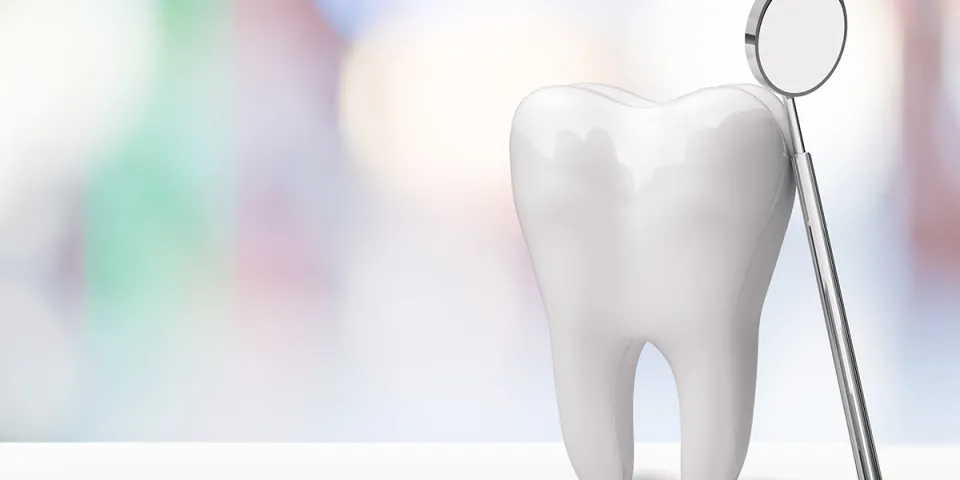Latest 
 Career Development Denise Alexander
Career Development Denise Alexander
Recent Blog Posts


As a dental hygiene student at Herzing University, I’ve studied and seen first-hand the importance of proper oral care. In addition to providing preventative dental care, part of my job will be to teach patients how to practice good oral hygiene.
Research shows that oral health is often linked to your overall health. The American Dental Association calls the mouth “the window into the health of your body” because some systemic diseases may first become apparent through oral problems. That’s why it’s important to regularly visit the dentist and practice good dental hygiene.
Here are four tips and facts that I’ve learned in school to help keep your teeth healthy and bright:
Imagine this: you had a tough day at school or work and all you want to do is go home and go to sleep. All of that residual stress from your day can cause you to have headaches, which often result from putting a lot of force on your teeth (through gritting or clenching your teeth). Many people tend to clench or grind their teeth at night, which can result in worn-down, cracked teeth and jaw issues. The solution is pretty simple: get a night guard! You can buy these at your local pharmacy, but the best option is to see your dentist for more individualized advice.
Have you ever heard of the saying, “Brush at night to keep your teeth; brush in the morning to keep your friends?” It’s a catchy saying, but it is so much more than that. The reason why you should brush at night is because your production of saliva decreases while you sleep, which can cause more bacteria to build up on your teeth. If your teeth are clean when you go to bed, bacteria is less likely to attack those teeth. During the day, saliva works in as an antibacterial to clean the bacteria in our mouth. When you skip brushing at night, the bacteria in your mouth builds up and breaks down the enamel. Give your teeth a fresh environment to thrive in!
If your gums are bleeding, you most likely are at risk of developing gum disease. Often, when I ask my patients if they floss, their reply is “My gums bleed, so I don’t.” Newsflash: your gums are bleeding because there is something wrong. You should floss every day to keep your teeth and gums healthy and to prevent plaque from building up between your teeth. Think of it this way: if you are washing your hands, and all of a sudden they started to bleed, wouldn’t you be concerned? When your gums are bleeding, there may be an infection and your body is trying to tell that to you, so pay attention.
Humans are blessed with 32 teeth and every tooth has a name and job that it was designed to do. Our front teeth are called the incisors and they have sharp edges to cut your food. The teeth right next to them are called cuspids, and they are pointed so that they can tear your food into small pieces. Molars are in the back of your mouth, and they are broad and usually have four or five cusps. Their job is to crush your food so then you are able to digest it properly. I tell my patients this so that they can understand the importance of keeping all of their teeth healthy and strong.
BLS pay estimates calculate the median annual wage for various occupations. Per the BLS the median wage for an occupation is: "The wage at which half of the workers in the occupation earned more than that amount, and half earned less. Median wage data are from the BLS Occupational Employment and Wage Statistics survey." Bureau of Labor Statistics (BLS), U.S. Department of Labor, Occupational Outlook Handbook 2024. BLS median wage estimates do not represent entry-level wages and/or salaries. Multiple factors, including prior experience, age, geographic market in which you want to work, and degree level and field, will affect career outcomes, including starting salary and earnings as an experienced employee. Herzing neither represents that its graduates will earn the median salaries calculated by BLS for a particular job nor guarantees that graduation from its program will result in a job, promotion, particular wage or salary, or other career growth.
Get the latest news you need to know, from study hacks to interview tips to career advancement. Have it delivered right to your inbox biweekly.